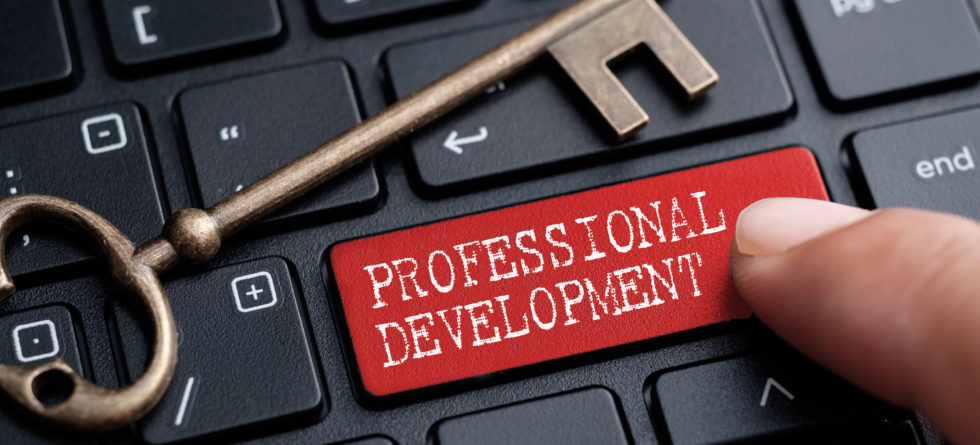Can life coaching be effective for personal and professional development simultaneously?
Life coaches approach issues related to work-life balance by helping individuals assess their current situation, identify their priorities, and create a plan to achieve a healthier balance between their professional and personal lives. Here are some common approaches that life coaches may use:
-
Assessment and Reflection:
-
- Life coaches often start by helping individuals assess their current work-life balance. This may involve reflecting on how they currently spend their time, energy, and attention.
- Coaches may encourage clients to identify their values and priorities in both their professional and personal lives.
-
Goal Setting:
-
- Once the assessment is complete, life coaches work with individuals to set specific and achievable goals related to work-life balance.
- Goals may include allocating specific time for personal activities, setting boundaries around work hours, or pursuing activities that bring joy and fulfillment.
-
Time Management:
-
- Life coaches assist individuals in developing effective time management skills. This may involve creating schedules, prioritizing tasks, and learning to say no to activities that do not align with their priorities.
-
Boundaries:
-
- Establishing clear boundaries is crucial for achieving a healthy work-life balance. Coaches may help clients set boundaries around work hours, digital communication, and personal time.
- Learning to communicate and enforce these boundaries is a key aspect of achieving balance.
-
Stress Management:
-
- Life coaches often address stress management techniques to help individuals cope with the demands of both work and personal life. This may include mindfulness practices, relaxation techniques, and strategies for handling stressors.
-
Values Alignment:
-
- Coaches may explore whether an individual’s work aligns with their values and passions. Aligning one’s career with personal values can contribute to a more fulfilling and balanced life.
-
Skill Development:
-
- Life coaches may help individuals develop the skills needed to manage their time and priorities effectively. This could include organizational skills, communication skills, and negotiation skills.
-
Accountability:
-
- Coaches provide accountability and support as individuals work towards achieving their goals. Regular check-ins and discussions about progress help individuals stay on track.
-
Adaptability:
-
- Life coaches acknowledge that work-life balance is dynamic and may change over time. They help individuals adapt and make adjustments as needed.
-
Holistic Approach:
-
- Life coaches often take a holistic approach, considering various aspects of an individual’s life, such as physical health, relationships, and personal growth, to ensure a well-rounded approach to work-life balance.
Summary
By combining these approaches, life coaches aim to help individuals create a more harmonious and fulfilling balance between their professional and personal lives.







